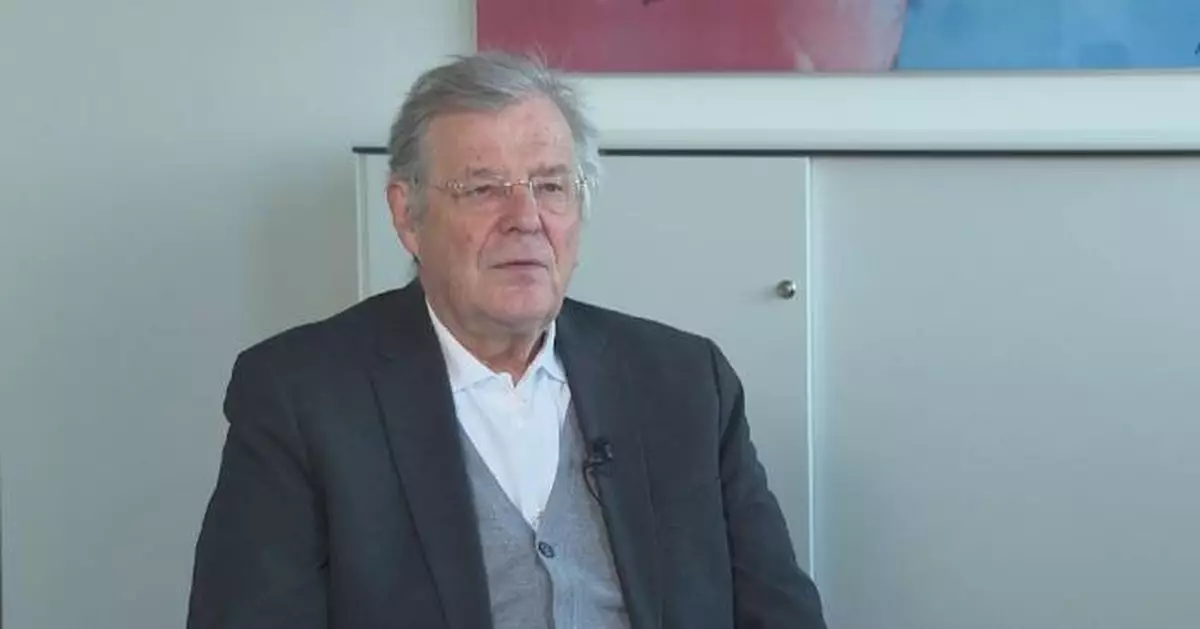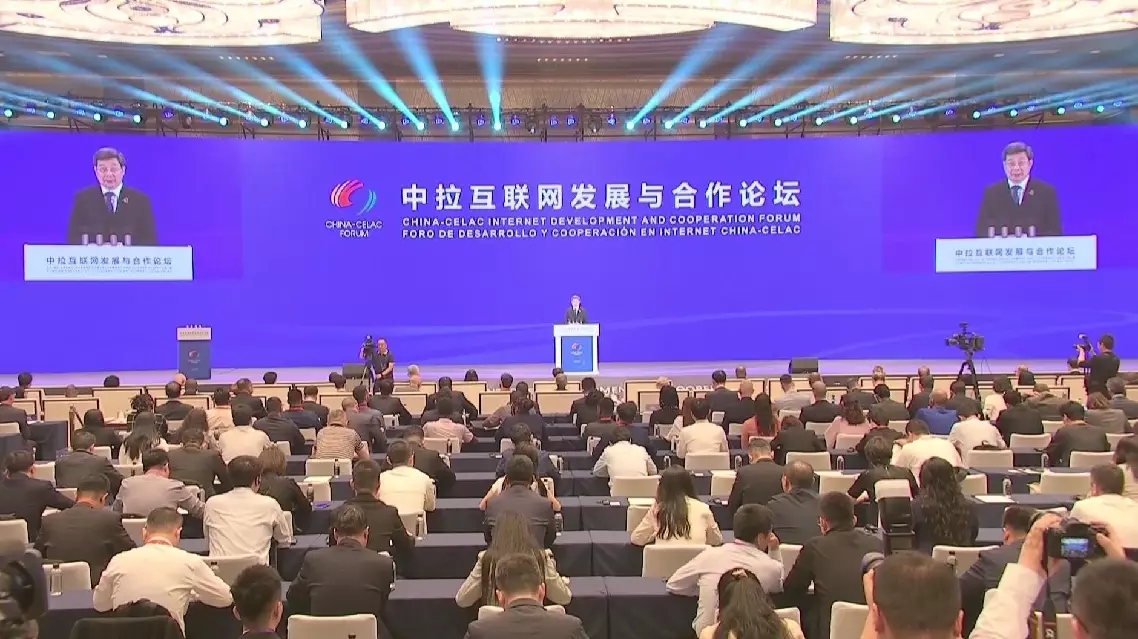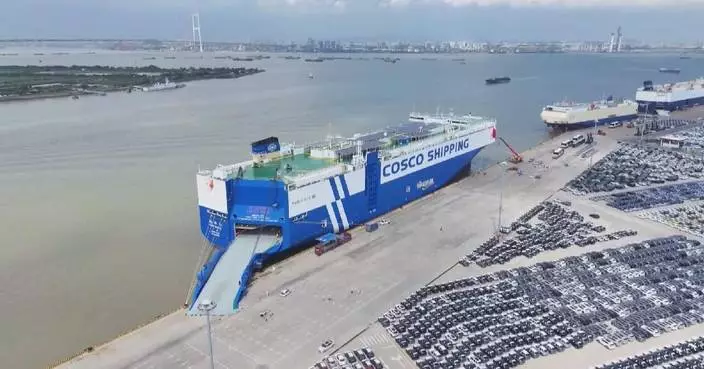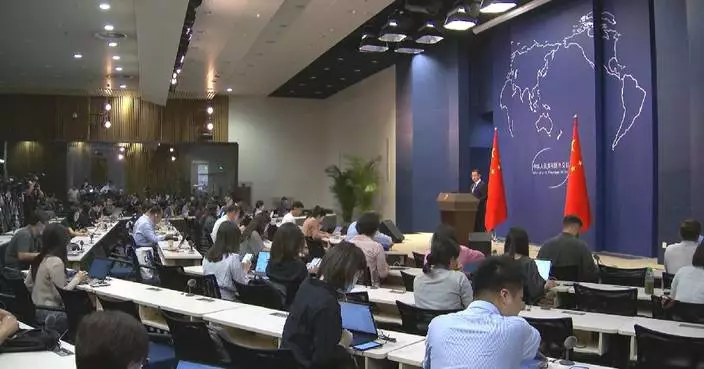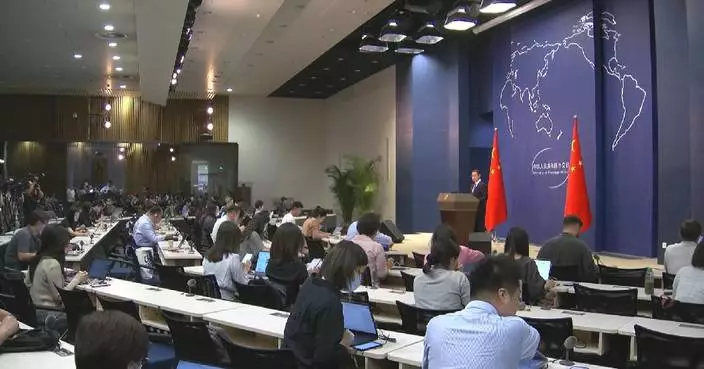U.S. President Trump's newly announced tariffs on all imported vehicles will deal a blow to Germany's automobile industry, a German economic expert said in Frankfurt on Thursday.
Trump on Wednesday turned his earlier threat into action by signing an executive order imposing 25 percent tariffs on all cars that are not made in the United States.
The move has sparked a wave of criticism across Europe, prompting political leaders, experts, and industry representatives to call for countermeasures. They have also urged the strengthening of trade ties with other partners to help offset the impact of rising tariffs.
The United States is the biggest importer of German vehicles, accounting for 13.1 percent of Germany's total car export, according to Germany's Federal Statistical Office.
As a pillar industry of the German economy, the automotive sector has faced a sharp decline in domestic production and a significant drop in profits since last year.
Amid these challenges, the U.S. decision to impose steep tariffs is expected to have a severe impact on Germany's auto industry, according to Horst Lochel, a professor of economics with Frankfurt School of Finance and Management.
"This will for sure have a negative impact, the German automotive industry is already under pressure. Now we have also Trump with these tariffs on exports from Germany to the United States, so we will be hit even more for the automotive industry," he said.
The expert noted that the traditionally close ties between Europe and the United States are weakening, which prompts a strategic shift toward Germany's increased economic engagement with other regions.
"The transatlantic relationship which we saw for the last 80 years after the end of the Second World War is on decline, if not already broken. And the other thing is probably we also move more to business with Asia, Africa, China, including Latin America to reduce the dependency of the United States, which of course again is also a transfer for Europe and Germany," Lochel said.
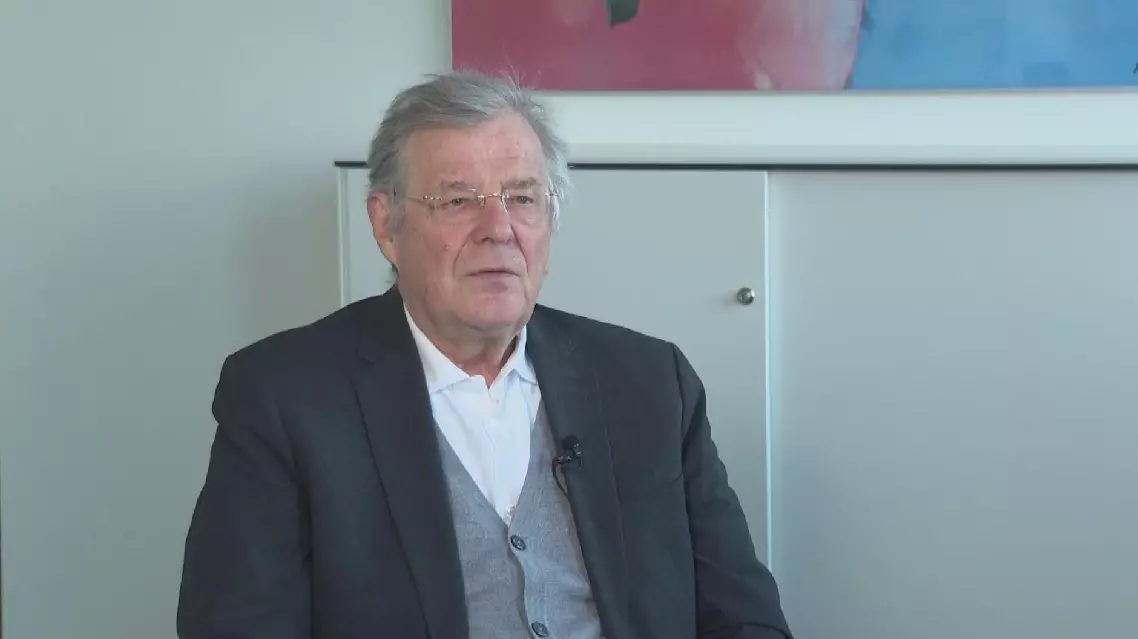
US new tariffs to significantly impact German auto industry: expert


